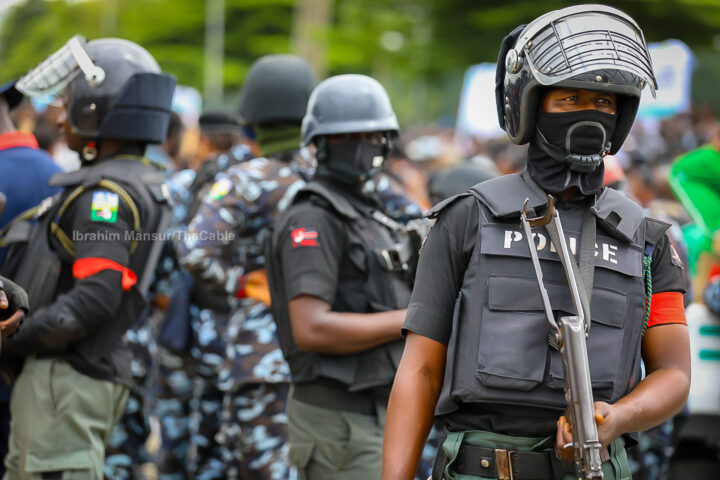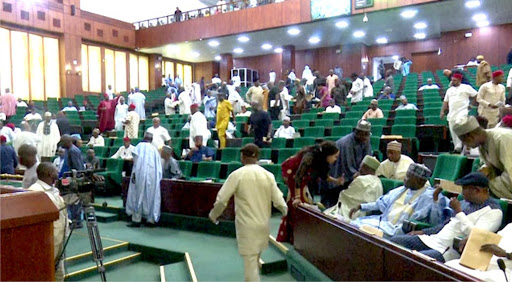Escalating Farmer-Herder Conflict Spurs Government Action

The recent killings of hunters in the Uromi area of Edo State have prompted a joint effort between the federal government and the Edo State administration to investigate the incident. Governor Monday Okpebholo announced the formation of a fact-finding committee during a meeting with a delegation from Kano State, led by Deputy Governor Aminu Gwarzo. The committee aims to address the challenges arising from the “unfortunate incident” that occurred on March 27, where at least 16 hunters of northern descent were allegedly attacked and killed by a mob.
President Bola Tinubu has expressed deep concern over the killings and is committed to ensuring the safety of all residents and businesses in the state and the nation. Okpebholo emphasized that the president wants the issue resolved and the perpetrators brought to justice. The fact-finding committee is expected to identify the root causes of the incident and implement a lasting solution. The report submitted by the Kano State delegation will assist in this process, with findings made public to ensure transparency.
Gwarzo conveyed the gratitude of the Kano State Governor for the visit to Kano and commended the steps taken by the Edo State government in response to the Uromi incident. He noted that a committee was established in Kano to verify the identities of the victims, their next of kin, and those who survived the attack. The report from this committee was submitted to Governor Okpebholo during the meeting.
The meeting included key figures such as Edo State Deputy Governor Dennis Idahosa, Speaker of the Edo State House of Assembly Blessing Agbebaku, security heads in the state, and senior government officials from both Kano and Edo states. Following the meeting, Okpebholo and the delegation from Kano visited Uromi to meet with members of the Hausa community.
Meanwhile, Inspector-General of Police Kayode Egbetokun highlighted a critical issue in a paper delivered in August 2023: the Nigeria Police Force requires an additional 190,000 officers to effectively secure the country. This shortage results in a police-to-citizen ratio far below the UN-recommended threshold, with approximately 1 officer for every 650 Nigerians. As of June 2024, Nigeria has roughly 370,000 police officers, but a significant number are assigned to protect political figures and the privileged, leaving a small fraction to secure over 200 million Nigerians.
This systemic shortage, combined with insufficient equipment, has left the Nigeria Police Force struggling to fulfill its constitutional responsibilities. The persistent conflict between farmers and herders has further strained resources, with 1,300 lives lost and hundreds of thousands displaced in the first half of 2018 alone. The formation of regional security outfits like Amotekun in the Southwest is a response to this inadequacy, aiming to protect communities in the face of perceived federal indifference.
The legality of Amotekun has been a subject of debate, with arguments against it citing Section 214(1) of the Constitution, which prohibits the establishment of any other police force. However, proponents argue that this provision is misinterpreted and does not preclude the establishment of complementary security agencies by sub-national governments. Section 4 of the Police Act mandates the police to work in conjunction with other law enforcement agencies, acknowledging the existence and necessity of others.
Furthermore, Section 14(2)(b) of the Constitution affirms that the security and welfare of the people shall be the primary purpose of government, a responsibility shared by all three tiers—federal, state, and local. Section 24 imposes a civic duty on every citizen to assist lawful agencies in maintaining order, supporting the legitimacy of community-driven law enforcement initiatives like Amotekun. Historical precedent, such as the Lagos State Neighbourhood Safety Agency Law, also supports the legality of state-level security outfits.
In conclusion, the debate on the constitutionality of Amotekun and similar outfits should be grounded in principle and law, not fear or politics. A federal structure must empower its constituent units to protect and provide security for their people. Amotekun is a necessary evolution of federalism in action, representing duty rather than defiance, and operating within the bounds of the law.











